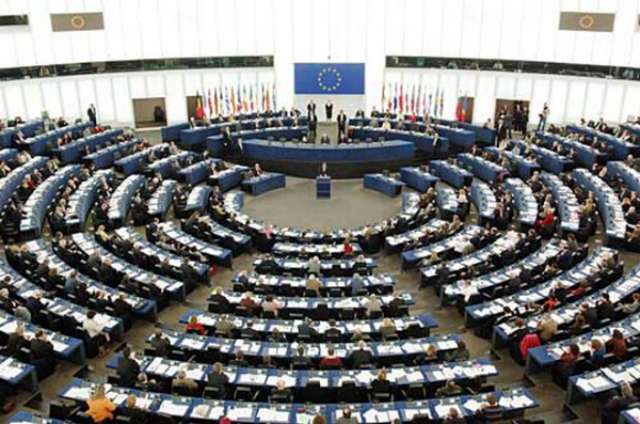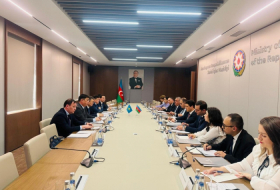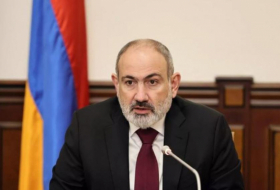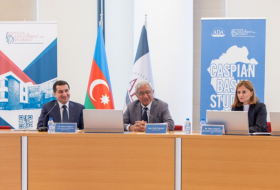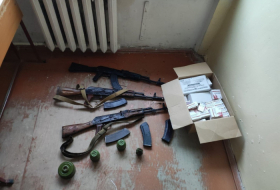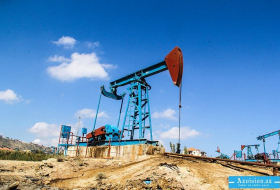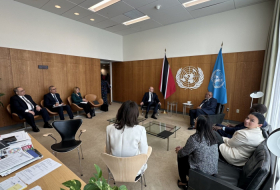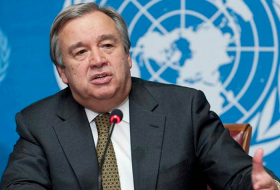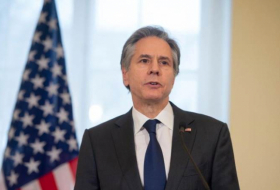Julio Borges is the Venezuelan President of the National Assembly who denounced president Maduro’s ties with US bankers, after The Wall Street Journal reported that Goldman Sachs had bought $2.8 billion worth of bonds issued by the state-run PDVSA oil company. Citing people familiar with the transaction, the newspaper said the company bought the bonds at 31 cents on the dollar, spending about $865 million.
In a scathing letter to Goldman CEO Lloyd Blankfein, Julio Borges called the deal an “outrage” that provides a “lifeline to [an] authoritarian regime that is systematically violating the human rights of Venezuelans.”
“Moreover, the fire sale nature of this transaction is clear evidence the Maduro regime did not have Venezuela’s best interest in mind when conducting this operation,” Borges wrote. “The regime’s decision to conduct this transaction was made under duress driven by its desperate desire to gain resources needed to secure weapons and other instruments of repression in order to stay in power.”
He also said he would also discourage future governments from recognizing the debt.
Last month, on 24 April, in a resolution adopted by 450 votes to 35, with 100 abstentions, the EU Parliament strongly condemned the “brutal repression” exercised by the Venezuelan security forces, as well as irregular armed groups, against the peaceful protests, as a result of which more than 20 people have died and many wounded.
MEPs denounced the continuing unconstitutional violation of the democratic order in Venezuela and the lack of separation of powers and independence of the branches of government. They object to the Supreme Court’s recent decision to suspend the powers of the National Assembly (controlled by the opposition), which they consider to be an undemocratic act that violates the Constitution.
The text backs mediation efforts by many countries in the region and calls on the EU’s High Representative for foreign policy to explore actively with international and regional organisations “other measures that would enable the EU to restore full democracy to Venezuela”.
EU Parliament Tajani said he would write today to Council president Tusk and Commission’s Juncker, in order to coordinate and take measures against Venezuela’s repressive regime.
Meanwhile, other Venezuelan opposition leaders wounded in anti-government march, while Mexico’s top diplomat said Venezuela is no longer a democracy.
Two Venezuelan opposition leaders were wounded on Monday by security forces dispersing protests in the capital Caracas against President Nicolas Maduro, according to one of the leaders and an opposition legislator.
Maduro’s adversaries have for two months been blocking highways and setting up barricades in protests demanding he call early elections and address an increasingly severe economic crisis that has left millions struggling to get enough to eat.
Fifty-nine people have died in the often violent street melees, which Maduro calls an effort to overthrow his government.
“We were ambushed,” said two-time presidential candidate Henrique Capriles, who accompanied protesters in an effort to march to the headquarter of the government ombudsman’s office but was blocked by security forces.
“This government is capable of killing or burning anything,” Capriles said in a press conference.
He said 16 others were injured in the march, adding that he would file a complaint about the issue with state prosecutors.
Legislator Jose Olivares, who is a doctor, tweeted a picture of a bruise on Capriles’ face that he said was the result of a soldier hitting him with a helmet during the clashes.
During the same march, opposition deputy Carlos Paparoni was knocked to the ground by a water cannon sprayed from a truck, requiring that he receive stitches in his head, Olivares said.
Mexico’s top diplomat Luis Videgaray said on Tuesday that Venezuela is no longer a functioning democracy, one day before foreign ministers from across the Americas are due to meet to discuss the crisis gripping the South American country.
The comments mark one of the most aggressive critiques of the government of Venezuela’s socialist President Nicolas Maduro to date from Videgaray, the former finance minister and close confidant of President Enrique Pena Nieto.
“We have to call things by their name, and what we have here is a country that, in fact, has ceased to be a functional democracy and this is a tremendously dangerous thing for the region,” Videgaray said at the Americas Conference Series in Miami, Florida.
The conference was organized by the Miami Herald and El Nuevo Herald news organizations as a forum of international business and government leaders.
Videgaray has been sharply criticized by Maduro’s government but has nonetheless pledged to use all diplomatic channels to help reach a peaceful political solution to the bloody crisis in Venezuela.
Anti-government protests have intensified in Venezuela for two months and left nearly 60 people dead. The country is in a steep recession, with widespread shortages of food and medicine and skyrocketing inflation.
Maduro has said the protests are a violent effort to overthrow his government, and insists that the country is the victim of an “economic war” supported by Washington.
Asked at the forum if Venezuela is governed by a dictatorship, Videgaray said, “Well, I believe that, today, it is not a democracy and we are frankly seeing authoritarian actions,” citing as an example the use of military tribunals to try civilians.
He said the solution to “reestablish democracy” in the South American OPEC nation is in the hands of the Venezuelan people and the Maduro government.
Videgaray said he hoped that a Wednesday meeting in Washington, D.C., of foreign ministers from members of the Organization of American States could yield a resolution calling for elections in Venezuela, a restoration of the national assembly’s powers, and release of political prisoners.
More about: #EuropeanParliament #Venezuela








